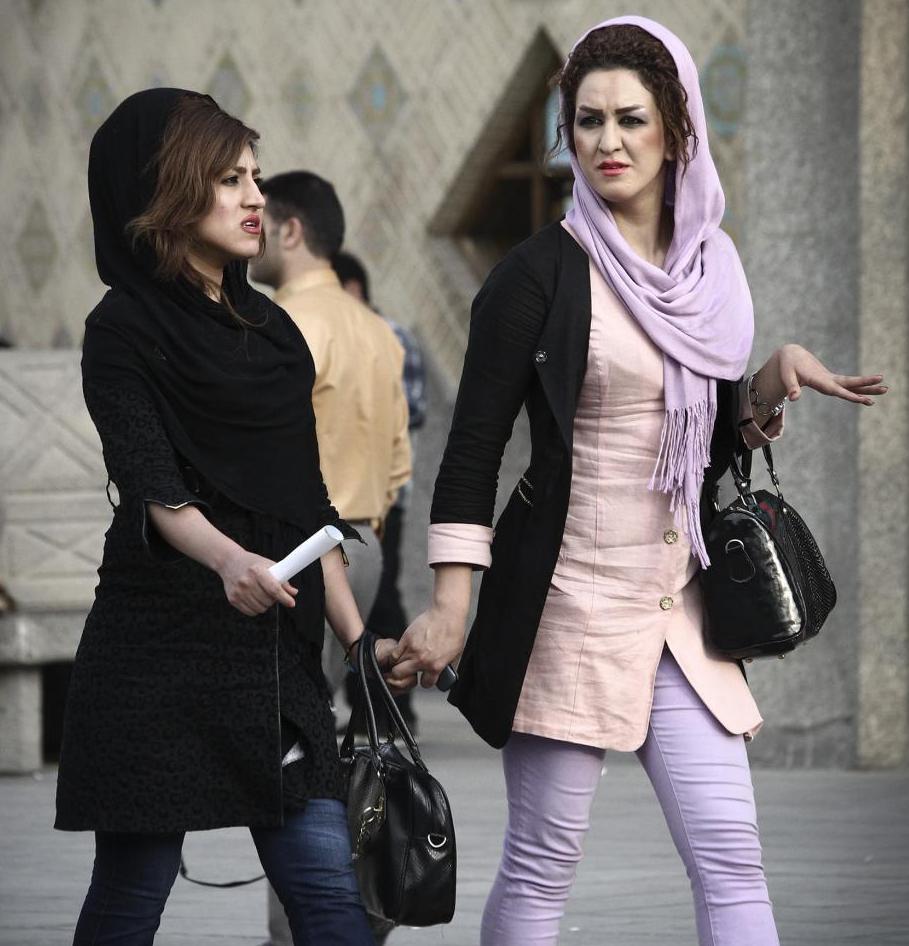New hijab law rejected by Iranian lawmakers as ‘unconstitutional’
A draft law that would give greater powers to Iran’s police and volunteer militias to enforce women’s compulsory wearing of the veil has been ruled unconstitutional. Under Islamic law in force in Iran since the 1979 revolution, women must wear loose clothing, known as hijab, that covers the head and neck and conceals their hair. But many now push the boundaries by wearing thin head scarves, tight leggings and fashionable coats. The draft law, called the “Plan on Protection of Promoters of Virtue and Vice” was rejected by the country’s influential Guardian Council, a 12-member group that scrutinises legislation.
We should not be overly focused on one issue, such as bad hijab, to prevent vice.
President Hassan Rouhani, who has been under pressure from hardline lawmakers to pursue a tougher police stand on the veil
The official IRNA news agency, quoting a council spokesman, said the 24-point plan contained 14 flaws and it “contradicted the constitution and was not approved”. However, the council’s decision is not the end of the law, under which lawmakers want to give members of the Basij, a religious volunteer force established by the country’s revolutionary leaders, power and protection to verbally caution women they deem improperly dressed. The council has sent the law back to parliament for amendment, IRNA said.

Middle East Iran